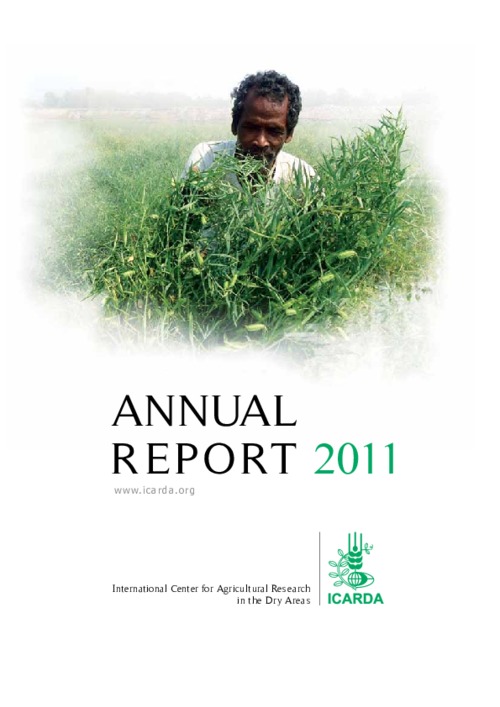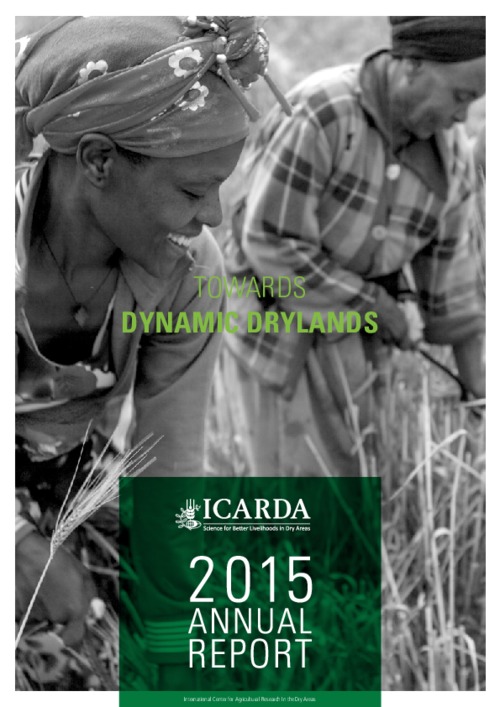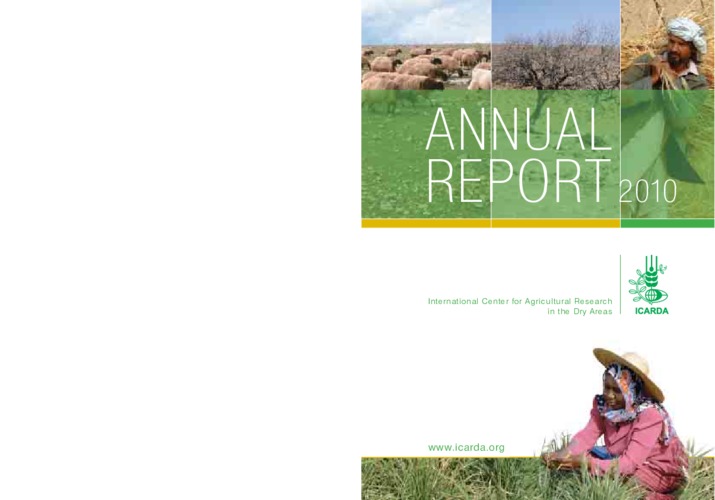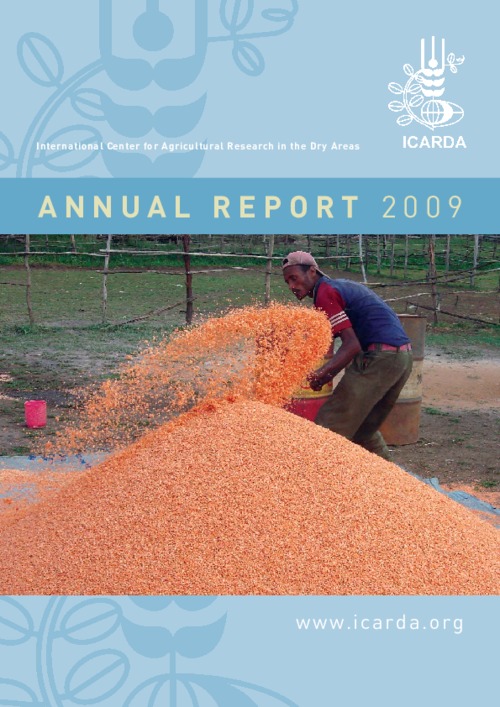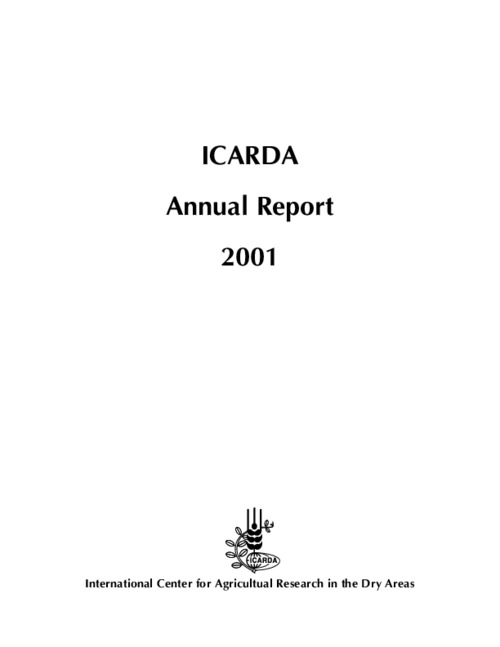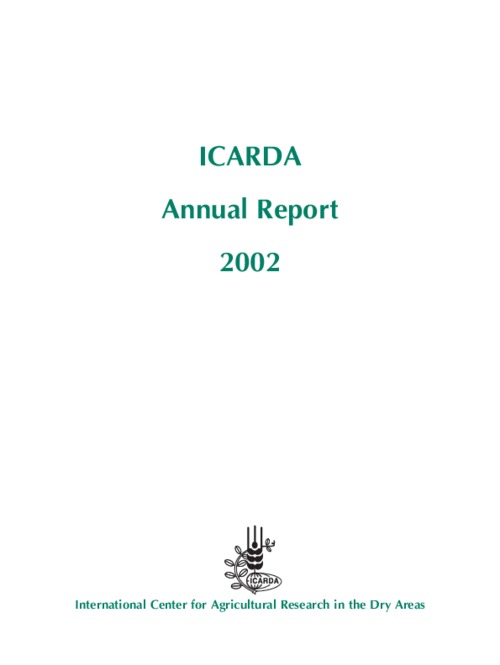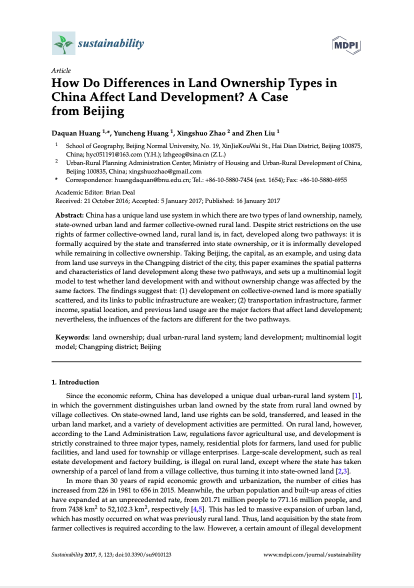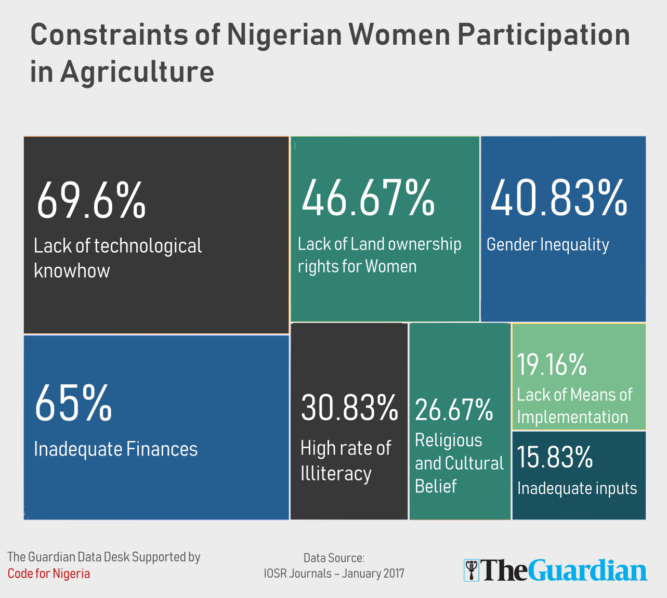ICARDA Annual Report 2011
Poverty, food insecurity, natural resource degradation and climate change are global challenges; but they impact most severely on rural communities in dry areas. Addressing these challenges requires a combination of good science, integrated research-for-development approaches, and effective partnerships. As this report illustrates, all three elements are in place, resulting in new technologies and tangible benefits in more than 40 countries.

